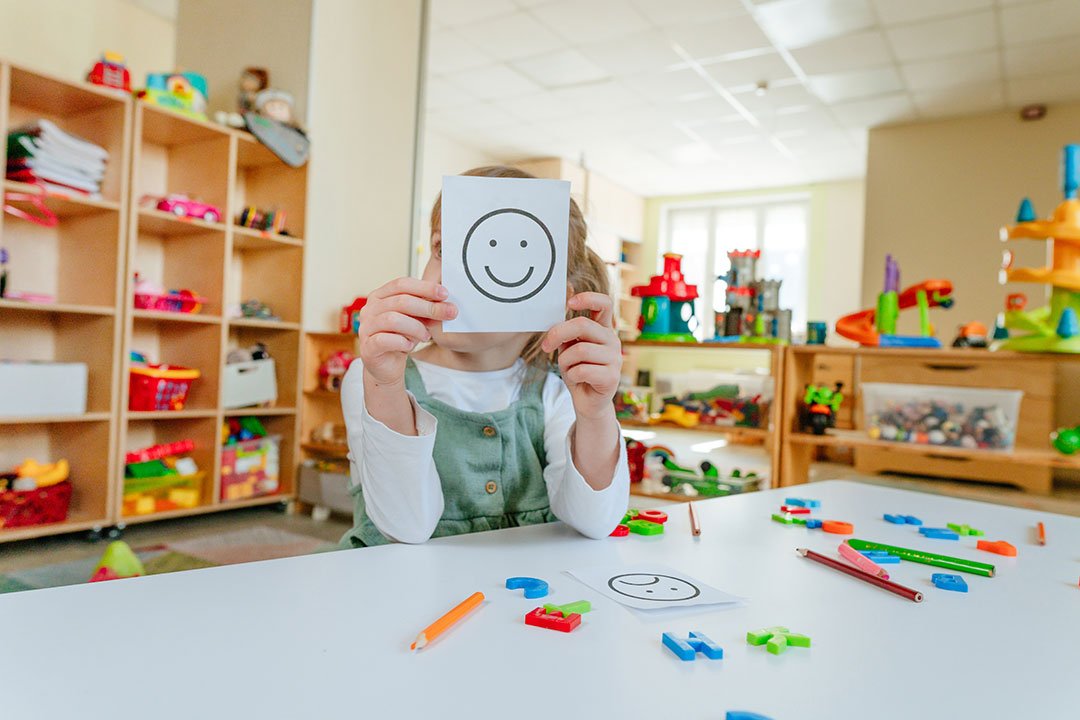Child psychotherapy; Play therapy and sand play

How It Works?
Child psychotherapy operates on the fundamental principle of providing children with tools to understand and express their emotions. For children, behavior serves as a crucial form of communication, often surpassing verbal expression. In the therapeutic context, language and verbal communication may represent only a fraction of the child’s means of communication. Instead, child psychotherapy emphasizes non-verbal methods such as play, music, art therapy, and sandplay. These creative mediums serve as channels through which children can explore their feelings and experiences, offering them a safe and expressive outlet.
Child psychotherapists employ a diverse array of techniques tailored to each child’s unique needs. By understanding the child’s behavior and utilizing non-verbal communication methods, therapists create a space where children can freely express themselves. Through play and creative expression, children delve into their emotions, helping them gain a deeper understanding of their feelings and experiences. The therapist’s role is to provide guidance and support, using these techniques to help children process their emotions and develop coping strategies.
Who Requires It
Child psychotherapy proves invaluable for children facing a range of challenges, including:
- Communication difficulties
- Behavioral issues
- Experience of trauma or loss
- Anxiety and stress
- Developmental disorders
- Autism spectrum disorders
- Non-verbal children
- Children with additional needs
- Emotional regulation challenges
Child psychotherapy offers a specialized and supportive approach for children with diverse backgrounds and experiences. It caters to the unique needs of each child, fostering a therapeutic environment where they can explore their emotions and develop essential skills for emotional regulation and expression. Child psychotherapists work ethically and empathetically, helping children navigate their emotional worlds with care and expertise.
You’re invited to explore our website, Hackney Therapy House, and our extensive therapist directories at your convenience. As you consider potential therapists, we suggest delving into their training in child therapy and experience to gain a more comprehensive understanding of their therapeutic approach. To uncover details about therapist availability and profiles, visit our dedicated Therapists page.
How ıt works
Let's plan your therapy
1
You can contact the therapist directly. Before scheduling an initial consultation, you are invited to contact any of our therapists by phone or email for an informal discussion.
2
You can use our help me find a therapist form to contact us directly. We'll locate you two to three therapists.

